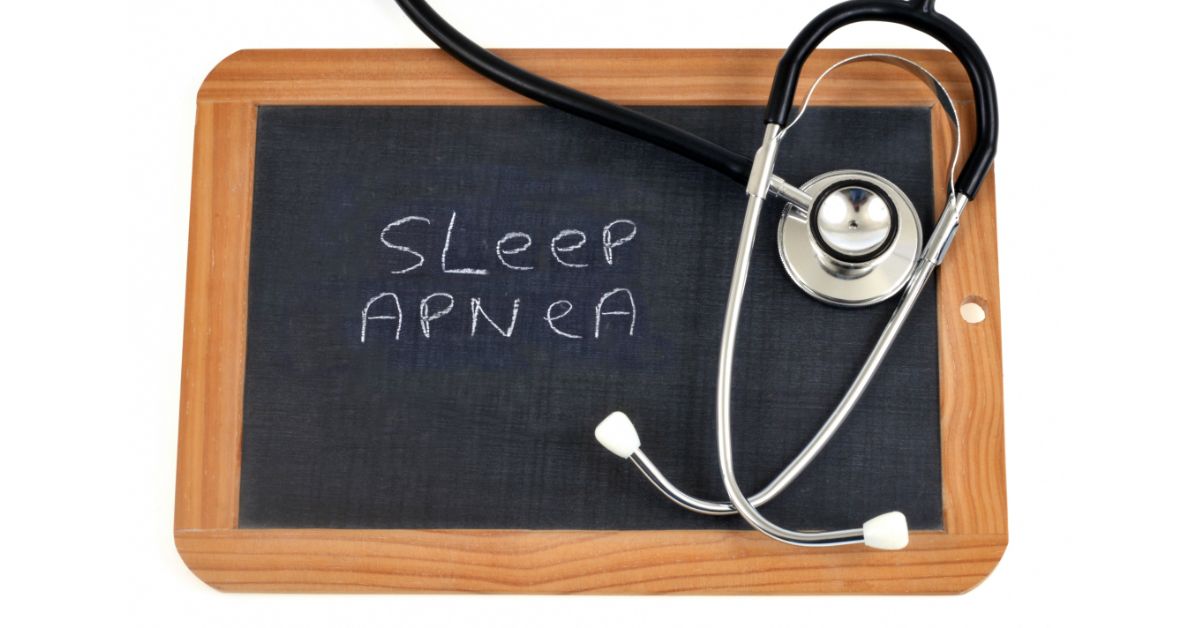Health Blog
Get the latest posts from I Love My CPAP covering a variety of health topics like sleep apnea, CPAP, healthy living, well-being and other medical news.

Lifestyle Changes to Improve Sleep Quality for Sleep Apnea Sufferers
Sleep apnea, a condition characterized by repeated interruptions in breathing during sleep, significantly impacts one’s quality of life and overall health. While medical interventions such as CPAP (Continuous Positive Airway Pressure) machines are common remedies, lifestyle changes can play a pivotal role in managing and potentially alleviating the severity of sleep apnea symptoms. This comprehensive guide outlines key lifestyle modifications that can foster better sleep health and contribute to the management of sleep apnea. Embrace a Healthier Diet Nutritional Balance and Weight Management Maintaining a balanced diet and achieving an optimal weight can significantly reduce the severity of sleep apnea. Excess weight, especially around the neck, can narrow the airway, increasing the likelihood of obstructions during sleep. A diet rich in fruits, vegetables, lean proteins, and whole grains can aid in weight management and potentially lessen sleep apnea symptoms. Incorporate Regular Physical Activity Exercise for Improved Sleep and Respiratory Strength

The Link Between Sleep Apnea and Cardiovascular Health: What You Need to Know
Maintaining good cardiovascular health is crucial for overall well-being. The heart and circulatory system play pivotal roles in supplying oxygen and nutrients to every part of the body. When the cardiovascular system is compromised, it can lead to serious health issues such as heart disease, stroke, and high blood pressure. Thus, it’s imperative to understand the factors that can impact cardiovascular health, including sleep apnea. In this blog, we delve into the intricate relationship between sleep apnea and cardiovascular health. Through this discussion, we aim to shed light on the importance of recognizing and managing sleep apnea to safeguard cardiovascular health. The Relationship Between Sleep Apnea and Cardiovascular Health Numerous studies have established a strong correlation between sleep apnea and cardiovascular diseases. Research published in reputable medical journals has consistently shown that individuals with untreated sleep apnea are at a higher risk of developing cardiovascular problems compared to

Understanding the Link Between Obesity and Obstructive Sleep Apnea (OSA)
Sleep, an essential component of our well-being, is often taken for granted in our fast-paced lives. However, for many individuals, a restful night’s sleep remains elusive due to obstructive sleep apnea (OSA), a condition characterized by repetitive pauses in breathing during sleep. As a seasoned Respiratory Care Practitioner with extensive experience in treating sleep disorders, including OSA, I’ve witnessed firsthand the profound impact that obesity can have on sleep quality and overall health. In this comprehensive guide, we’ll explore the intricate relationship between obesity and Obstructive Sleep Apnea, shedding light on the mechanisms, clinical implications, and effective management strategies. Obesity: A Contributing Factor to OSA Obesity, a complex metabolic condition characterized by excessive accumulation of body fat, is widely recognized as a significant contributing factor to the development and exacerbation of OSA. Individuals with obesity often exhibit structural and physiological changes that predispose them to airway collapse during sleep.

How Sleep Apnea Can Affect Your Overall Health and Well-being
Sleep apnea, a common yet often undiagnosed sleep disorder, can have profound effects on your health and well-being. As a Respiratory Care Practitioner with years of experience in both in-patient care and sleep clinic settings, I’ve witnessed firsthand the impact of sleep apnea on individuals of all ages. In this comprehensive guide, we’ll explore how sleep apnea affects various aspects of health, from respiratory function to emotional well-being, shedding light on the importance of early detection and treatment. The Respiratory System Let’s start with the respiratory system, the primary target of sleep apnea’s disruptive effects. During sleep, individuals with sleep apnea experience repeated pauses in breathing, known as apneas, or shallow breathing, termed hypopneas. These disruptions occur due to obstruction of the upper airway, leading to decreased oxygen levels in the blood and fragmented sleep patterns. Over time, this strain on the respiratory system can result in daytime fatigue, morning

